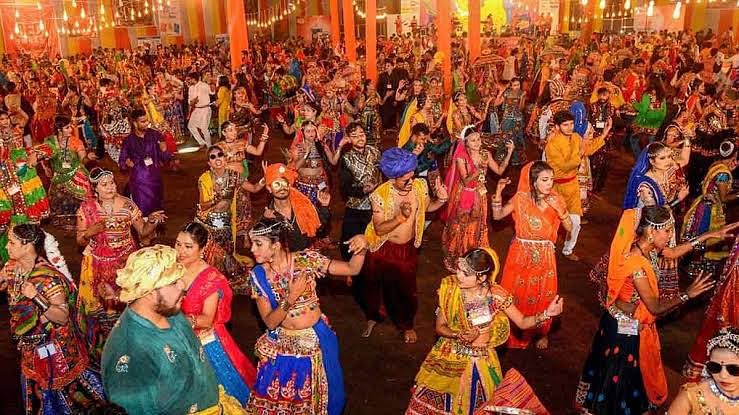Explaining the dance form, the report stated, “The practitioners and bearers (of garba) are broad and inclusive, from the dancers to the musicians, social groups, craftspeople and religious figures involved in the festivities and preparations. Transmitted through practice and observation, Garba fosters equality by transcending socio-economic, gender and religious structures. It is inclusive of diverse and marginalized communities, thus strengthening social bonds.”
In continuation of the report, the 18th session of the ICH hosted by the Republic of Botswana evaluated nominations submitted by States Parties for ‘inscription’ on the Lists of the Convention.
Apart from ‘Garba of Gujarat,’ the list included some of the new inscriptions called Rickshaws and Rickshaw painting in Dhaka from Bangladesh, Songkran in Thailand, traditional Thai New Year festival from Thailand, Hiragasy, a performing art of the Central Highlands of Madagascar, Junkanoo from the Bahamas, and the…















